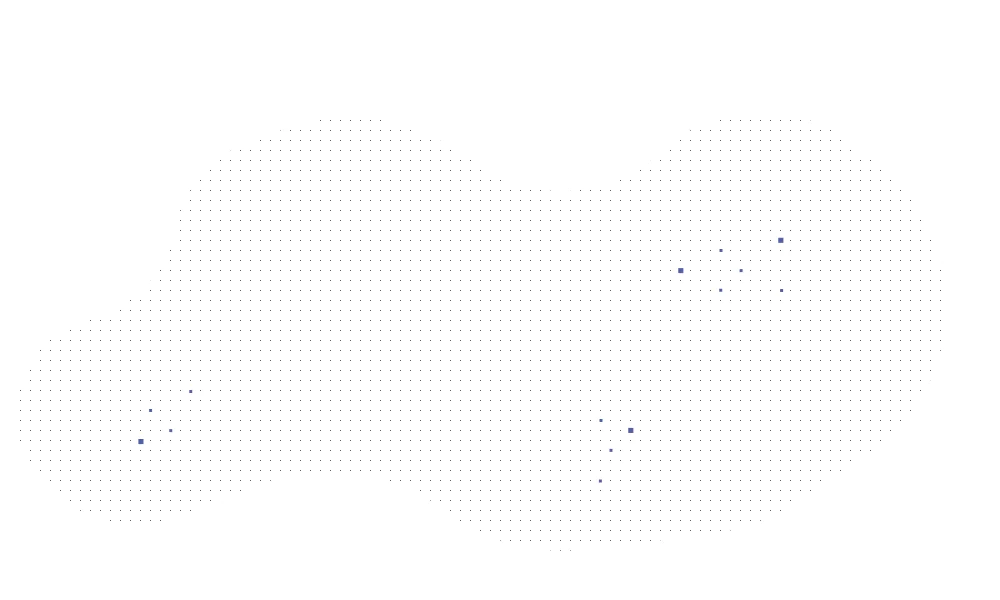
Personalized Health Technologies 2024


Nora earned her Ph.D. in Computer Science/Bioinformatics from the University of Tübingen, where she focused on the in silico design of peptide-based vaccines using combinatorial optimization and machine learning. During her postdoctoral fellowship at Memorial Sloan Kettering Cancer Center in New York, and later as a staff scientist at the New York Genome Center, she worked on metagenomics, infectious diseases, and cancer. In 2015, Nora joined NEXUS Personalized Health Technologies at ETH Zurich where her focus shifted towards the management of clinical and biomedical research data. In May 2024, she joined the Swiss Data Science Center as Head of Biomedical Data Science.


Cyril joined the SDSC in 2022. He holds a Ph.D. in computational biology from Sorbonne University and the Institut Pasteur in Paris. There, he developed tools to detect changes in the 3D conformation of chromosomes and analyzed how it is altered during infection by bacterial pathogens. Before that, he received an MSc. in Bioinformatics from the University of Lausanne, where he worked on evolutionary genomics in insects. Over time, Cyril developed a strong interest in open and transparent scientific research. He is eager to promote good software and data management practice in research.


Stefan has a background in Biology and decided to move towards evolutionary bioinformatics for both his MSc and PhD.Over the years, he developed a passion for the entire data analysis process: from collecting data, to analyzing and presenting results. Presentations, particularly opportunities for public speaking, are activities he enjoys since he values communication a lot. In order to follow this passion and deepen his knowledge on systems to collect and manage data, he joined SDSC in 2023 as a Biomedical Data Engineer.Outside work, Stefan is an avid reader of sci-fi books (but not only!), enjoys swimming, running, and biking both competitively and casually and enjoys plenty of activities with friends, especially when beer is involved.
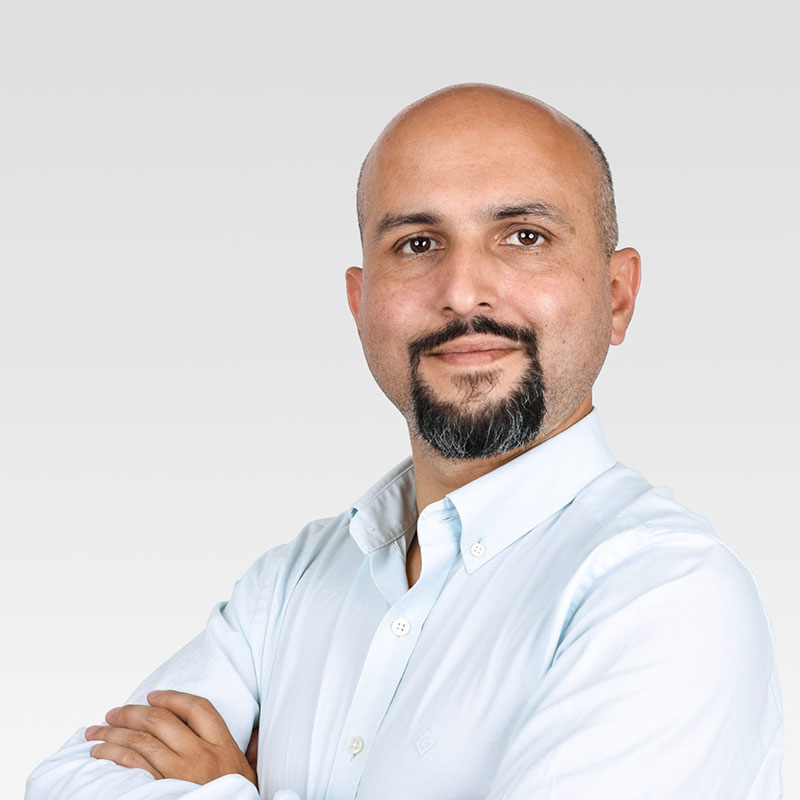

Daniel worked as a postdoctoral researcher on critical event prediction for the University Hospital in Zurich. In addition, Daniel has worked as a postdoctoral researcher in Lausanne, delivering algorithms for Bayesian inference in big panel data. Previously in Paris, he developed models for automated scientific discovery. He obtained a Ph.D. from the University of Edinburgh, funded by a Microsoft Research scholarship. His interest relates primarily to attacking applied biomedicine problems from different angles, frequentist statistics, Bayesian statistics, and Machine Learning.
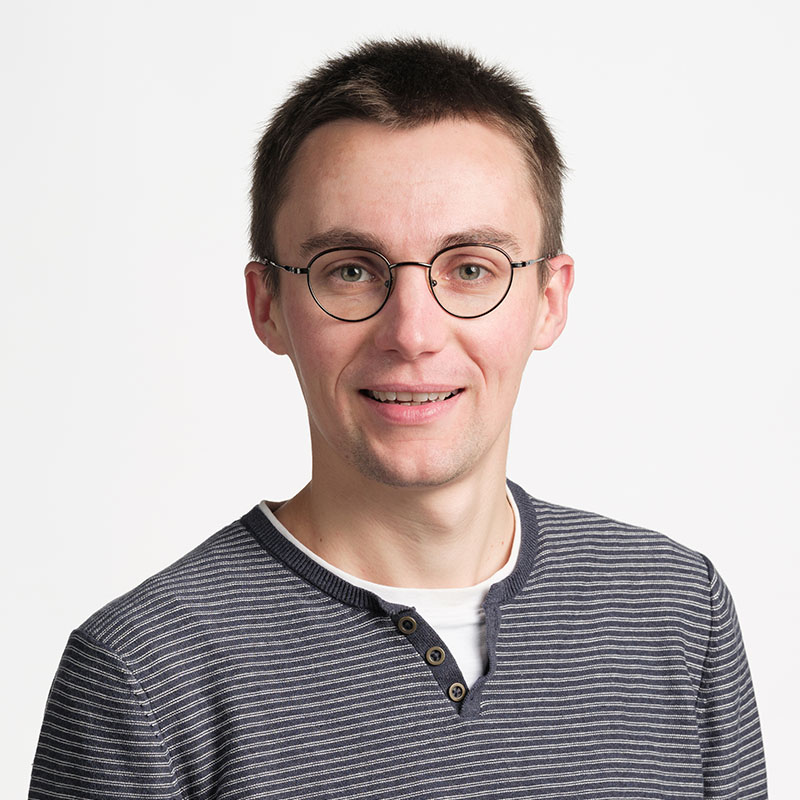

Quentin graduated with an engineering degree in mathematics and computer science from École des Ponts ParisTech in 2019. After a 6-month experience at the Center for Data Science of the New York University working on applied Machine Learning for medical imaging, he did a PhD in Statistics at Gustave Eiffel University (Paris). During his PhD, Quentin worked on random graphs and selective inference. His recent cross-disciplinary collaborations involve applications in biology and hydrology.


Rok obtained a B.A. in Physics from Washington University in St.Louis in 2003. After obtaining his PhD in theoretical Astrophysics from the University of Washington in 2010, Rok spent several years as a Postdoctoral researcher at the Institute for Computational Science, University of Zürich. Seeking new challenges, he moved to the ETH Scientific IT Services group, where he helped researchers across different ETH domains solve their (big) data analysis problems. He specialized in optimizing and scaling up data analysis tasks by mapping them to high-performance computing resources. Since July 2017 he has been at the Swiss Data Science Center developing Renku, the Center's data science platform.
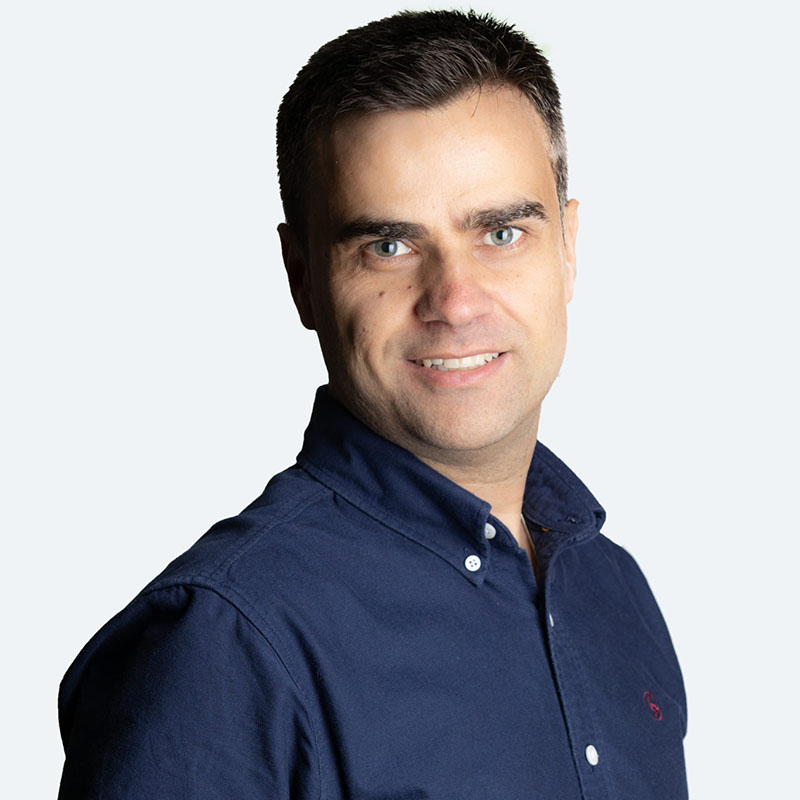

Benjamín Béjar received a PhD in Electrical Engineering from Universidad Politécnica de Madrid in 2012. He served as a postdoctoral fellow at École Polytechnique Fédérale de Lausanne until 2017, and then he moved to Johns Hopkins University where he held a Research Faculty position until Dec. 2019. His research interests lie at the intersection of signal processing and machine learning methods, and he has worked on topics such as sparse signal recovery, time-series analysis, and computer vision methods with special emphasis on biomedical applications. Since 2021, Benjamin leads the SDSC office at the Paul Scherrer Institute in Villigen.
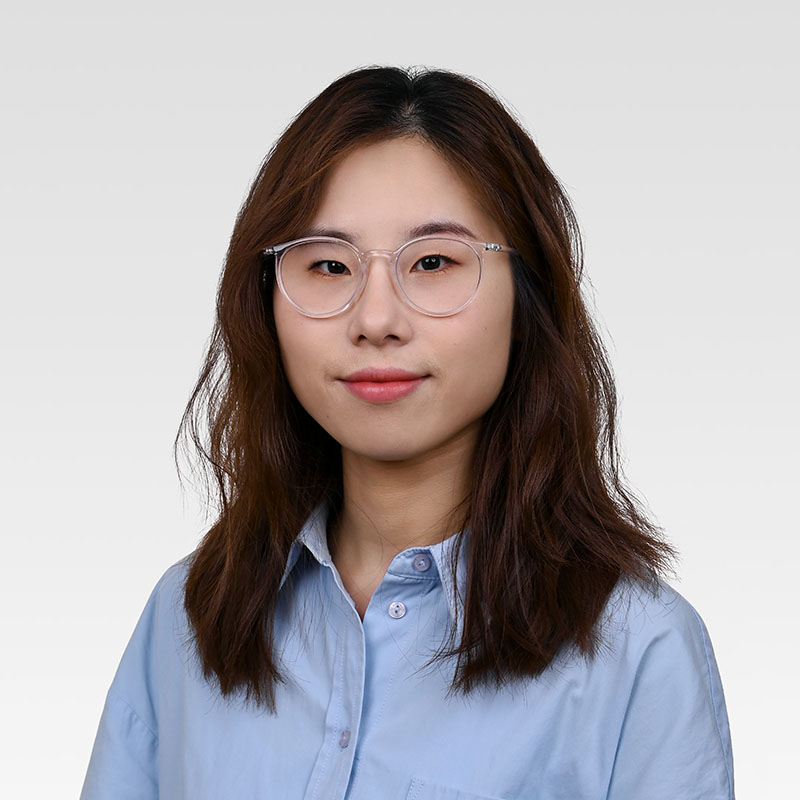

Lin Zhang joined the SDSC as a senior data scientist. She completed her PhD at ETH Zurich in 2023, with a focus on simulation in medical imaging with deep learning. Before that, she obtained a bachelor degree in electrical engineering from the Technical University Munich, and a master degree in biomedical engineering from ETH Zurich. Her research interests include deep generative models, domain adaptation and applications of machine learning in healthcare.

Presentation
The 4th edition of the Personalized Health Technologies conference, organized by Nexus Personalized Health Technologies of ETH Zurich, will welcome more than 200 experts from various disciplines mainly from Switzerland and neighboring European countries. During the 2-day-event researchers, clinicians, and scientists from academia, industry and the public sector will explore present and future directions in the field of personalized health technologies, translational research, and development.
Details
Programme
Meet the Swiss Data Science Center!
SDSC colleagues and topics will be present as follows duringthe conference program:
Monday, 26th August, 2024 | TIME: 09:00 – 17:30 (fullday workshop at HG E 33.5)
WORKSHOP: Empowering FAIR data and reproducible research across the ETH Domain
Presenters: Franziska Singer and David Meyer, ETH Zurich with Rok Roškar from SDSC
Tuesday, 27th August - Wednesday, 28th August, 2024 |TIME: 9:00 – 18:00 (ETH Main Hall, during exhibition times)
EXHIBITION STAND Nr. 4
Contact: Nora Toussaint, Head of Biomedical Data Science at SDSC
Tuesday, 27th August, 2024 | TIME: 16:15 – 18:00 (HG F30)
POSTER SESSION
- Poster title: "Multi-Omics Digital Objects (MODO): One object to map them all"
Presenter: Cyril Matthey-Doret, Sr. Data Science Engineer Open-Research at SDSC
- Poster title: “AI meets Bedside: Development of a Clinical Decision Support System for Prevention of Hospital-acquired Pressure Injuries”
Presenters: Paloma Cito, Jr. Full-Stack Engineer at Clinical Data Science Group of CHUV; StefanMilosavljevic, Biomedical Data Engineer Open-Research at SDSC
- Poster title: “Integrating Single-Cell DNA-seq and RNA-seq for DrugResponse Prediction in Cancer”
Presenters: Daniel Trejo Banos, Sr. Data Scientist Academia and Quentin Duchemin, Sr. Data Scientist Academia at SDSC
Wednesday, 28th August, 2024 | TIME: 11:15 – 11:45 (ETHZ Audimax HG F 30)
PRESENTATION: One Scan - All Answers. Dual Positron Lifetime Emission Tomography for personalized treatments in oncology.
Presenter: Lars Gerchow, ETH Zurich, co-authors include Benjamin Bejar Haro and Lin Zhang from SDSC
Other events

Deep Dive – Enabling Innovation with AI in Health and Biomedicine


Nora earned her Ph.D. in Computer Science/Bioinformatics from the University of Tübingen, where she focused on the in silico design of peptide-based vaccines using combinatorial optimization and machine learning. During her postdoctoral fellowship at Memorial Sloan Kettering Cancer Center in New York, and later as a staff scientist at the New York Genome Center, she worked on metagenomics, infectious diseases, and cancer. In 2015, Nora joined NEXUS Personalized Health Technologies at ETH Zurich where her focus shifted towards the management of clinical and biomedical research data. In May 2024, she joined the Swiss Data Science Center as Head of Biomedical Data Science.


Federico holds a M.Sc. in Engineering and a Ph.D. in Sustainable Development and Innovation Engineering. After a three-year Postdoc in Environmental Data Mining at the University of Lausanne, in 2021 he joined the Swiss Data Science Centre, where he now works as Senior Data Scientist supporting the acceleration of the digital transformation within industries, NGOs and public bodies. Over the years he worked on the development of methodological tools to mine and model big spatiotemporal datasets. He has deep competencies in applied statistics, machine learning, geocomputation, spatial statistics, remote sensing.
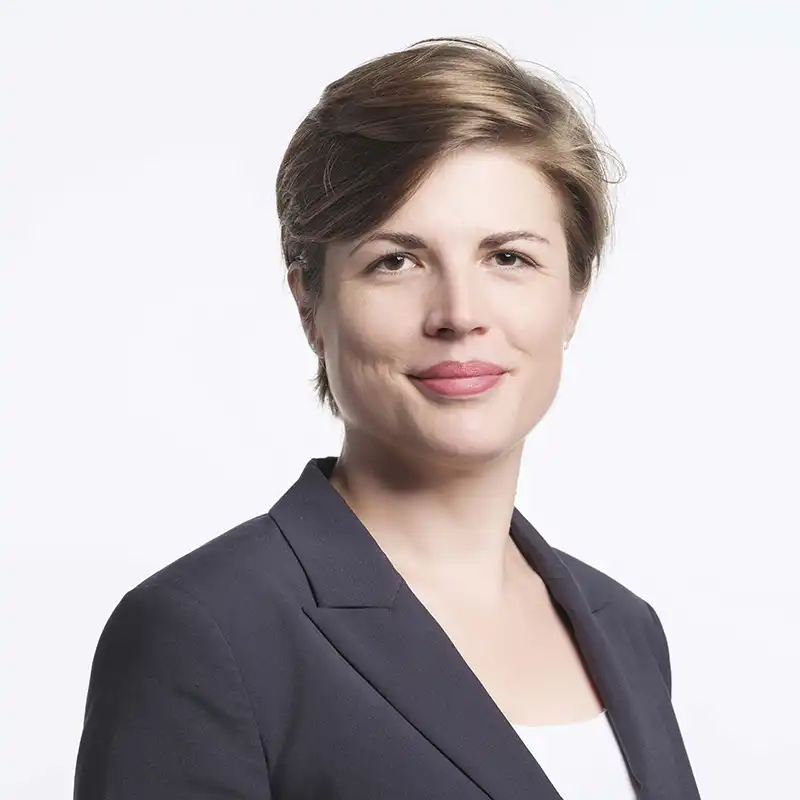

Johanna joined SDSC in August 2025 as Site & Program Lead.
She is responsible for leading SDSC’s strategic programme with the State of Vaud, supporting innovation-driven projects that unite academic excellence, SMEs, and public sector actors. Johanna also oversees SDSC’s flagship space located at the Biopôle campus in Lausanne, where she is based. Prior to joining SDSC, Johanna gained over 15 years of experience in operations and project management across service and not-for-profit organizations. Since 2020, she has been deeply engaged in the tech ecosystem of the region. She contributed to the growth of Unit8 SA, a Swiss AI & Data Science consulting firm, during its transition from start-up to scale-up, and later served as Project Manager at the unlimitrust campus by SICPA, where she built strategic collaborations within the Swiss and international innovation landscape. Johanna holds degrees from EHL Hospitality Business School and HEC Lausanne.
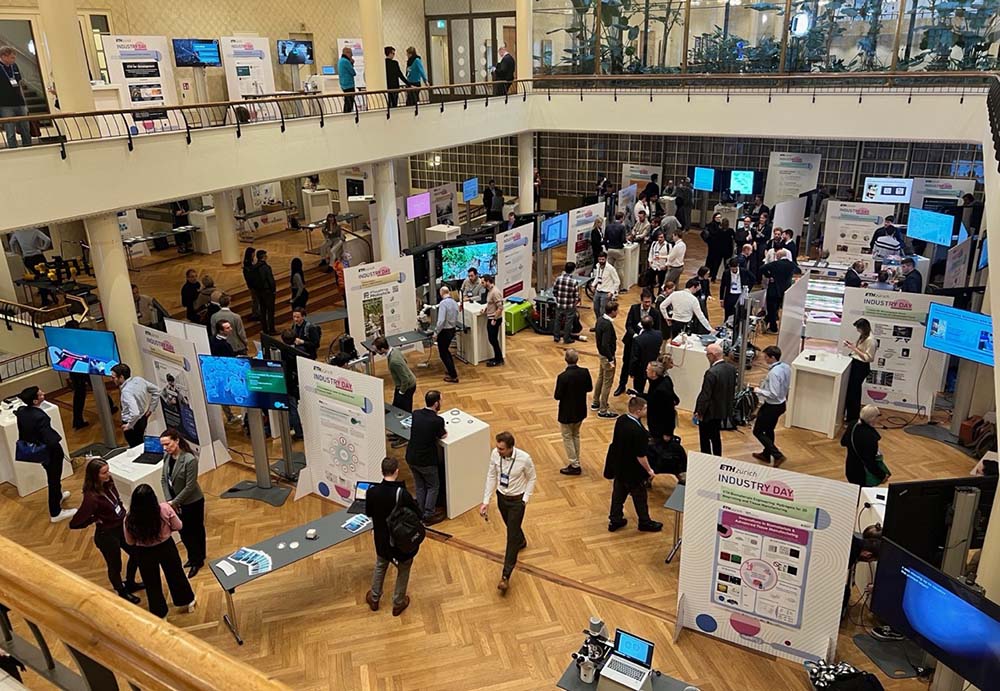
ETH Industry Day 2025 @ Open-i


Saurabh Bhargava, joined the SDSC as a Principal Data Scientist in the Industry Cell at the Zürich office in 2022. Saurabh previously worked in the retail sector and the advertising industry in Germany. He lead and built various data products for customers using state of the art machine learning methods and industrializing them thereby adding value for the customers. He completed his PhD from ETH Zürich in June 2017 specializing in machine learning applications on Audio data. He obtained his Master’s and Bachelor’s degrees from EPFL and Indian Institute of Technology (IIT), Roorkee, India in 2011 and 2009 respectively. His interests and expertise are in combining state of the art data science and data engineering tools for building scalable data products.


Anna joined SDSC as a Data Scientist focusing on industry collaborations in July 2019. She completed her PhD in Bioinformatics at the University of Luxembourg, where she analysed large-scale heterogeneous datasets and leveraged multiple disciplines: Statistics, Network Analysis, and Machine Learning. Before joining SDSC, Anna worked as a Data Scientist at Deloitte Luxembourg, with a focus on computer vision and time-series analysis.Currently, Anna is a Principal Data Scientist based at the ETH Zurich office, where she leads biomedical collaborations with industry partners. Anna works on a range of projects: protein properties prediction, biomanufacturing optimization, statistical model evaluation and others.


Nora earned her Ph.D. in Computer Science/Bioinformatics from the University of Tübingen, where she focused on the in silico design of peptide-based vaccines using combinatorial optimization and machine learning. During her postdoctoral fellowship at Memorial Sloan Kettering Cancer Center in New York, and later as a staff scientist at the New York Genome Center, she worked on metagenomics, infectious diseases, and cancer. In 2015, Nora joined NEXUS Personalized Health Technologies at ETH Zurich where her focus shifted towards the management of clinical and biomedical research data. In May 2024, she joined the Swiss Data Science Center as Head of Biomedical Data Science.


Marisol has a degree in Law and more than 15 years of experience working as a notary officer in Madrid. After relocating to Switzerland with her family, she obtained a certification to teach Spanish as a foreign language, dedicating four years to teaching Spanish online to students of all ages and backgrounds. Marisol has returned to her professional roots as an administrative assistant, joining the SDSC team in June 2023.
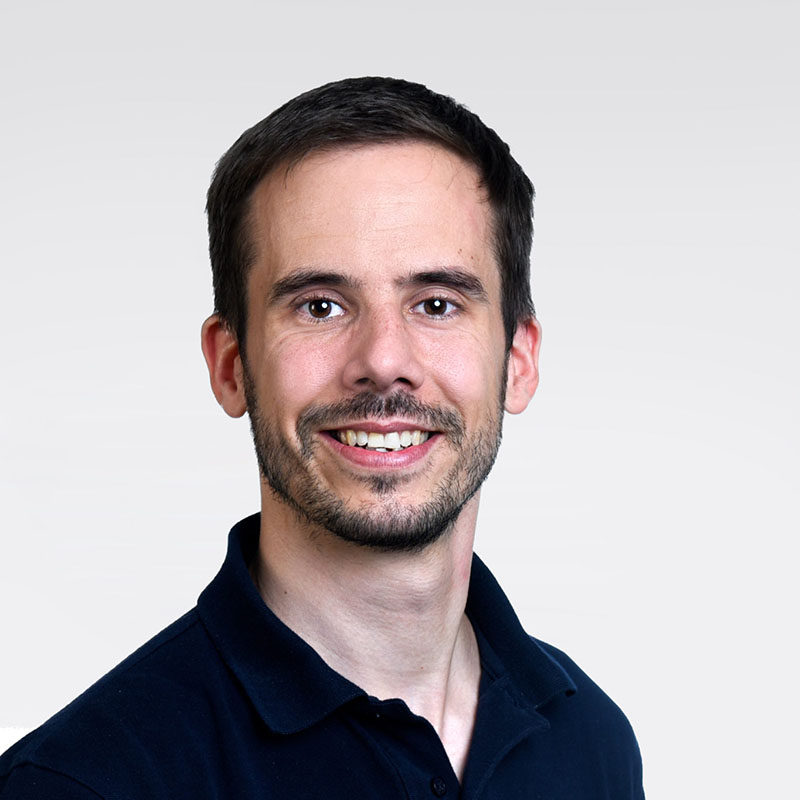

Luis is originally from Spain, where he completed his bachelor's studies in Electrical engineering, and the Ms.C. on signal theory and communications, both at the University of Seville. During his Ph.D. he started focusing on machine learning methods, more specifically message passing techniques for channel coding, and Bayesian methods for channel equalization. He carried it out between the University of Seville and the University Carlos III in Madrid, also spending some time at the EPFL, Switzerland, and Bell Labs, USA, where he worked on advanced techniques for optical channel coding. When he completed his Ph.D. in 2013, he moved to the Luxembourg Center on Systems Biomedicine, where he switched his interest to neuroscience, neuroimaging, life sciences, etc., and the application of machine learning techniques to these fields. During his 4 and a half years there as a Postdoc, he worked on many different problems as a data scientist, encompassing topics such as microscopy image analysis, neuroimaging, single-cell gene expression analysis, etc. He joined the SDSC in April 2018. As Lead Data Scientist, Luis coordinates projects in various domains. Several projects focus on the application of natural language processing and knowledge graphs to the study of different phenomena in social and political sciences. In the domains of architecture and engineering, Luis is responsible for projects centered on the application of novel generative methods to parametric modeling. Finally, Luis also coordinates different projects in robotics, ranging from collaborative robotic construction to deformable object manipulation.

Study-a-thon: From Bits to Breakthroughs in Clinical AI Modeling


Oksana is a disruptive innovator bringing her positive energy to projects. Driven by her curiosity and can-do attitude she excels in industrial and academic contexts. Oksana earned her PhD in Life Sciences and Bioinformatics from the University of Lausanne after two MSc in Bioinformatics and in Information Systems from the University of Geneva. For more than 10 years, she has been committed to actively promoting the value of data science and advocating the best practices for reproducible and ethical research. She believes that Swiss Data Science Center is a key player in building a competitive data economy in Switzerland leveraging its innovative potential and renown commitment to quality.


As an EPFL Life Science Engineer, my main interest is to do science with an impact.FAIR principals guide my work style, and I strive for user-centric infrastructure to encompass data science in the biomedical and governmental spheres. I have experience in Global Health, working with multi-hospital surveillance system for pandemics, as well as training data scientist (thegraphcourses.org).My core side-interests lie in ocean conservation notably cetacean conservation, biodiversity, and untreated health problematics from lower and middle income countries.I have solid hard skills in problem-solving, data engineering in AI/ML, and have developed soft skills in creativity and social integration. I have acquired domain knowledge in a diversity of fields: from biology-related sciences such as human gut microbiology, epidemiology, and environmental sciences, as well as social sciences such as anthropology and psychology.I am always happy to engage with new people on innovative and impactful thematics so please do reach out !


Stefan has a background in Biology and decided to move towards evolutionary bioinformatics for both his MSc and PhD.Over the years, he developed a passion for the entire data analysis process: from collecting data, to analyzing and presenting results. Presentations, particularly opportunities for public speaking, are activities he enjoys since he values communication a lot. In order to follow this passion and deepen his knowledge on systems to collect and manage data, he joined SDSC in 2023 as a Biomedical Data Engineer.Outside work, Stefan is an avid reader of sci-fi books (but not only!), enjoys swimming, running, and biking both competitively and casually and enjoys plenty of activities with friends, especially when beer is involved.


Almut Lütge joined the ORDES team in Zurich as Biomedical Data Engineer, in January 2024.
Almut did both her Bachelor and Master in molecular biotechnology with a major in bioinformatics at the University of Heidelberg in Germany.
After her masters she worked as a research assistant on population genetics at the NTNU in Trondheim, Norway.
In 2018 Almut started her PhD about benchmarking of single cell analysis tools at the University of Zürich, followed by a short PostDoc in pharmaceutical immunology at ETH Zürich.
Almut enjoys data-driven problem-solving and highly value open science.

Energy Hack Days 2025


Roberto holds an M.Sc. and a Ph.D. in Particle Physics from the University of Torino, Italy. He has worked for several years in fundamental research as a senior fellow and data scientist at the CERN Experimental Physics division and on a research project supported by the Belgian National Fund for Scientific Research (FNRS). In 2018 he moved to EPFL to work on data mining and Machine Learning techniques for the built environment and renewable energies. He has started and led multiple collaborations with academic and industry partners in the energy domain. Roberto joined the SDSC in September 2021 as a Principal Data Scientist with the mission of accompanying industries, NGOs and international organizations through their data science journey.


Rok obtained a B.A. in Physics from Washington University in St.Louis in 2003. After obtaining his PhD in theoretical Astrophysics from the University of Washington in 2010, Rok spent several years as a Postdoctoral researcher at the Institute for Computational Science, University of Zürich. Seeking new challenges, he moved to the ETH Scientific IT Services group, where he helped researchers across different ETH domains solve their (big) data analysis problems. He specialized in optimizing and scaling up data analysis tasks by mapping them to high-performance computing resources. Since July 2017 he has been at the Swiss Data Science Center developing Renku, the Center's data science platform.

Open Pulse Mini Hackathon


As an EPFL Life Science Engineer, my main interest is to do science with an impact.FAIR principals guide my work style, and I strive for user-centric infrastructure to encompass data science in the biomedical and governmental spheres. I have experience in Global Health, working with multi-hospital surveillance system for pandemics, as well as training data scientist (thegraphcourses.org).My core side-interests lie in ocean conservation notably cetacean conservation, biodiversity, and untreated health problematics from lower and middle income countries.I have solid hard skills in problem-solving, data engineering in AI/ML, and have developed soft skills in creativity and social integration. I have acquired domain knowledge in a diversity of fields: from biology-related sciences such as human gut microbiology, epidemiology, and environmental sciences, as well as social sciences such as anthropology and psychology.I am always happy to engage with new people on innovative and impactful thematics so please do reach out !


Robin joined the SDSC in 2022. He received an MSc. in Management, Economics & Consumer Studies from the University of Wageningen in the Netherlands. After his studies, he developed himself into a consultant in the area of ontology & linked data modelling, working mostly in the domain of local and national infrastructure projects. He has a great interest in standardization efforts in the field of semantic web technology standards and is actively working at SDSC with clients and collaborators to stimulate their adoption.


Carlos Vivar Ríos joined the SDSC in 2023, where he is part of the Open Research Data and Engagement Unit (ORDES). As a multidisciplinary data engineer, he brings a diverse background in biology, cognitive sciences, and bioinformatics from the University of Malaga. His multifaceted professional career spans several disciplines, including genomics at RIKEN in Yokohama, multidimensional image analysis in microscopy at the University of Lausanne (UNIL), and cellular biology modeling at INRIA in Lyon. Carlos has been involved in a variety of projects, such as analyzing astrocyte calcium dynamics, de novo sequencing Solea senegalensis, drug repurposing for Alzheimer's based on GWAS studies, conducting geospatial analysis for linguistic corpora, and assessing drought through remote sensing. He is dedicated to advancing reproducible research methods and actively supports the open science movement.


Oksana is a disruptive innovator bringing her positive energy to projects. Driven by her curiosity and can-do attitude she excels in industrial and academic contexts. Oksana earned her PhD in Life Sciences and Bioinformatics from the University of Lausanne after two MSc in Bioinformatics and in Information Systems from the University of Geneva. For more than 10 years, she has been committed to actively promoting the value of data science and advocating the best practices for reproducible and ethical research. She believes that Swiss Data Science Center is a key player in building a competitive data economy in Switzerland leveraging its innovative potential and renown commitment to quality.
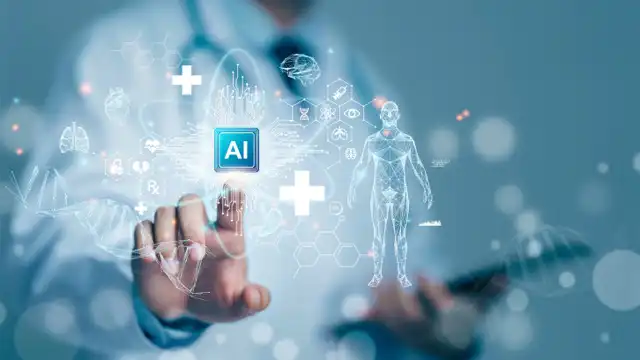
SDSC-Connect: Translating AI to Clinical Practice


Nora earned her Ph.D. in Computer Science/Bioinformatics from the University of Tübingen, where she focused on the in silico design of peptide-based vaccines using combinatorial optimization and machine learning. During her postdoctoral fellowship at Memorial Sloan Kettering Cancer Center in New York, and later as a staff scientist at the New York Genome Center, she worked on metagenomics, infectious diseases, and cancer. In 2015, Nora joined NEXUS Personalized Health Technologies at ETH Zurich where her focus shifted towards the management of clinical and biomedical research data. In May 2024, she joined the Swiss Data Science Center as Head of Biomedical Data Science.


Anna joined SDSC as a Data Scientist focusing on industry collaborations in July 2019. She completed her PhD in Bioinformatics at the University of Luxembourg, where she analysed large-scale heterogeneous datasets and leveraged multiple disciplines: Statistics, Network Analysis, and Machine Learning. Before joining SDSC, Anna worked as a Data Scientist at Deloitte Luxembourg, with a focus on computer vision and time-series analysis.Currently, Anna is a Principal Data Scientist based at the ETH Zurich office, where she leads biomedical collaborations with industry partners. Anna works on a range of projects: protein properties prediction, biomanufacturing optimization, statistical model evaluation and others.
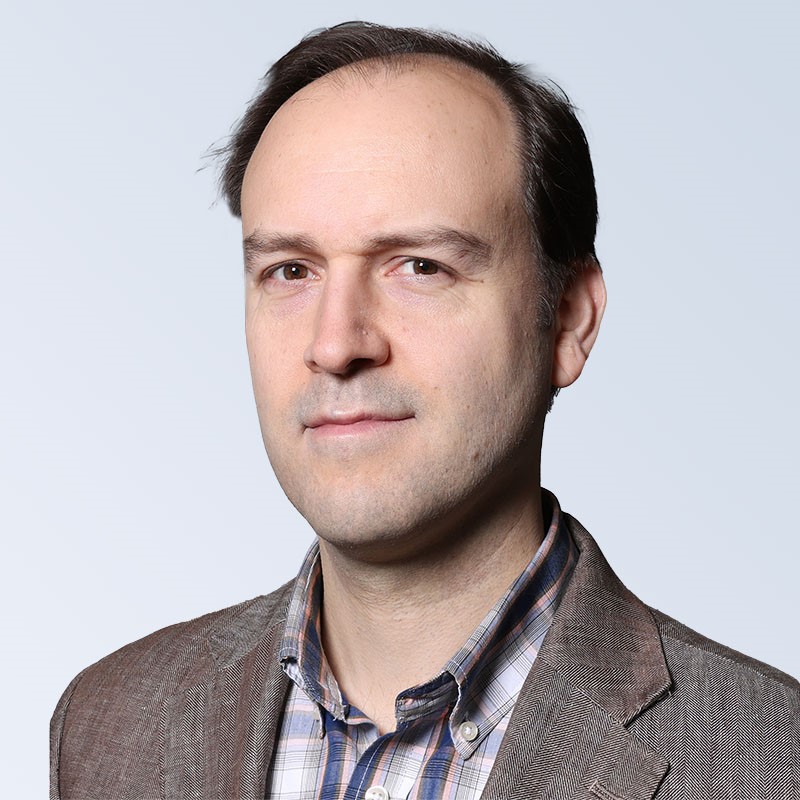

Guillaume Obozinski graduated with a PhD in Statistics from UC Berkeley in 2009. He did his postdoc and held until 2012 a researcher position in the Willow and Sierra teams at INRIA and Ecole Normale Supérieure in Paris. He was then Research Faculty at Ecole des Ponts ParisTech until 2018. Guillaume has broad interests in statistics and machine learning and worked over time on sparse modeling, optimization for large scale learning, graphical models, relational learning and semantic embeddings, with applications in various domains from computational biology to computer vision.


Snežana joined the SDSC industry team in June 2021 on a mission to advance adoption of modern data driven solutions in the domain of public health care. She has a background in experimental particle physics with a Diploma from the ETH Zurich and a PhD from the University of Geneva. Snežana pursued fundamental research in the field of high energy physics at CERN for nine years, harnessing the power of machine learning and statistical methods to uncover the traces of new physics in petabytes of proton-proton collision data and to develop innovative particle identification algorithms. Since 2018, Snežana served as a Data Science consultant, supporting partners from industries such as manufacturing, insurances, compliance services and online platforms in creating business value from internal and external data.


Marisol has a degree in Law and more than 15 years of experience working as a notary officer in Madrid. After relocating to Switzerland with her family, she obtained a certification to teach Spanish as a foreign language, dedicating four years to teaching Spanish online to students of all ages and backgrounds. Marisol has returned to her professional roots as an administrative assistant, joining the SDSC team in June 2023.
Contact us
Let’s talk Data Science
Do you need our services or expertise?
Contact us for your next Data Science project!
